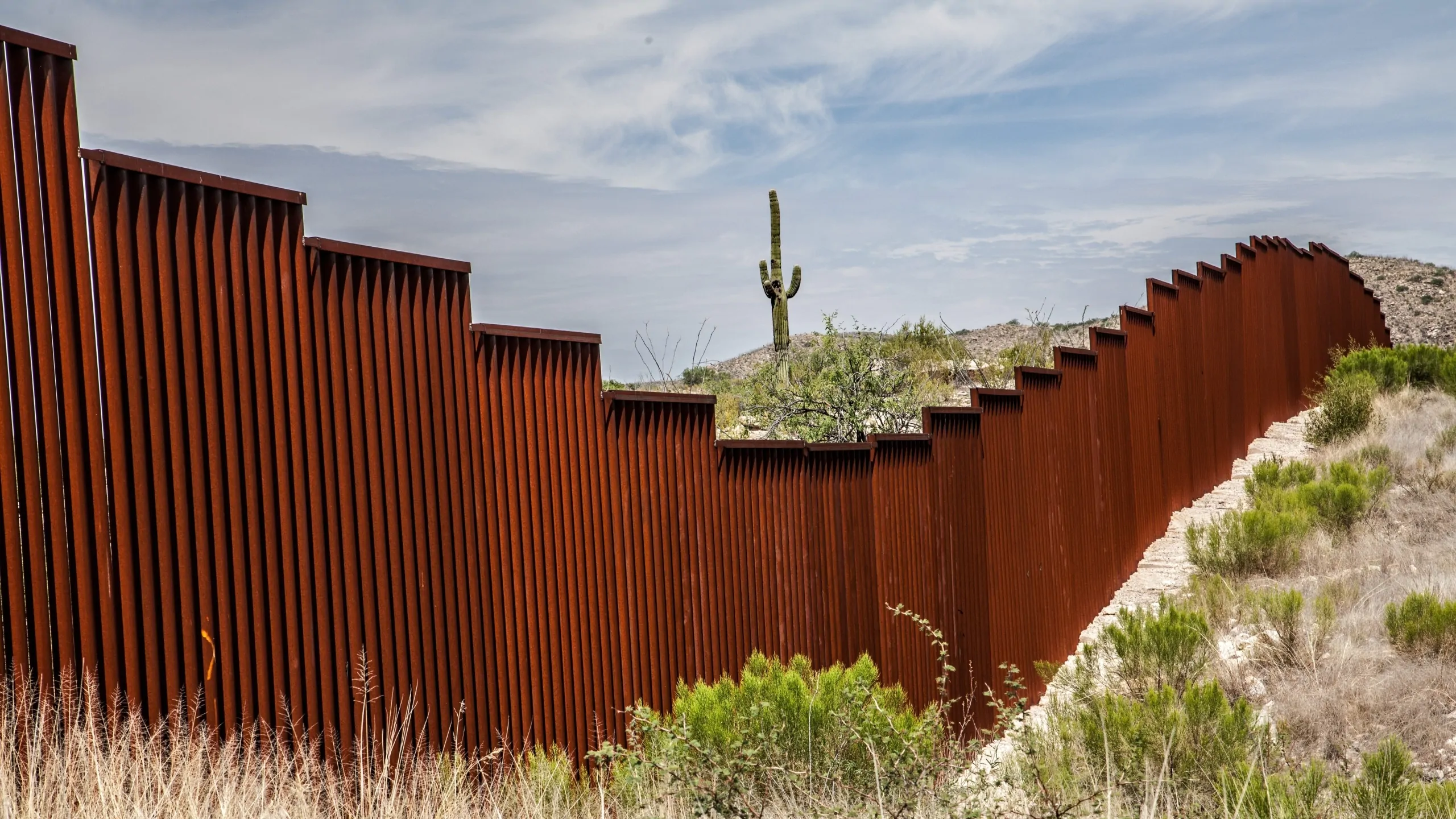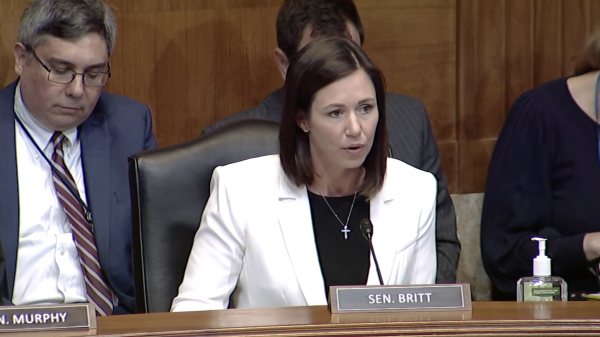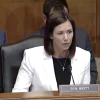Congressman Mo Brooks, R-Huntsville, said on Thursday that Congress should pass his bill to use the billions of seized drug cartel profits from convicted drug lord Joaquín Archivaldo Guzmán Loera, or “El Chapo,” to pay for construction of the border wall on the U.S.-Mexico border.
“Drug kingpin ‘El Chapo’ was ordered to forfeit more than 12.6 billion in ill-gotten drug money yesterday,” Brooks said. “12.6 billion would go a long way in securing America’s porous southern border. The House should pass the bill I introduced with Sen. (Ted) Cruz, H.R. 714, the EL CHAPO Act, ASAP and put the money to good use stopping the flow of poisonous drugs that kill nearly 30,000 Americans per year.”
Brooks is the House sponsor of a bill that reserves approximately $14 billion in assets seized by the U.S. government from the criminal prosecution of El Chapo for border security.
Brooks’ “Ensuring Lawful Collection of Hidden Assets to Provide Order Act,” or the “EL CHAPO Act,” is the House companion legislation to Cruz’s, R-Texas, Senate bill by the same name.
El Chapo is the former leader of the Sinaloa drug cartel.
Democrats have consistently refused to fund President Donald Trump’s border wall.
Brooks said passing the EL CHAPO Act would “fund border security and a border wall by using billions of dollars in seized drug and blood money profits from drug cartels and drug lords and reapplying those drug forfeiture monies to border security and construction of a border wall. The EL CHAPO Act kills two birds with one stone. On the one hand, it shifts drug and blood money to border security and a border wall, thus helping to save the lives of thousands of Americans who die each year at the hands of illegal aliens or because of America’s porous southern border.”
Guzman was once the most powerful drug trafficker in the world. Tens of thousands have died in Mexico in the war between the cartels and the Mexican government. He was captured in Guatemala in 1993 and sentenced to 20 years for drug trafficking and murder, but he bribed the prison guards and escaped. He was captured in Mexico in February 2014 but escaped again. He was captured for a third time in January 2016 and extradited to the United States for trial.
In February, Guzman was convicted on all of the charges in the federal indictment by a Brooklyn jury.
He climbed to the top of the cartels in the early 1990s because of the speed that he could move drugs into the U.S.
“It was super quick, that I recall, it was less than a week,” testified North Valley Cartel leader Juan Carlos Ramirez Abadia. “Typically, it took a month or more.”
Guzman accomplished this by bribing public officials in Mexico — the local police, politicians, even former Mexican President Enrique Peña Nieto, according to testimony at his trial.
Guzman’s cartel built and operated a tunnel under the U.S.-Mexico border from Agua Pieto, Mexico to a building in Douglas, Arizona. They literally moved a ton of cocaine at a time with a cart. Hydraulic lifts were employed to get the product in and out of the tunnel.
Guzman was captured following a clandestine interview about a movie deal with actor Sean Penn.
El Chapo received a life sentence for his crime, with no possibility of parole. He reportedly will be sent to the federal supermax prison in Colorado.
Brooks represents Alabama’s Fifth Congressional District.
Original reporting by the New York Post contributed to this report.























































